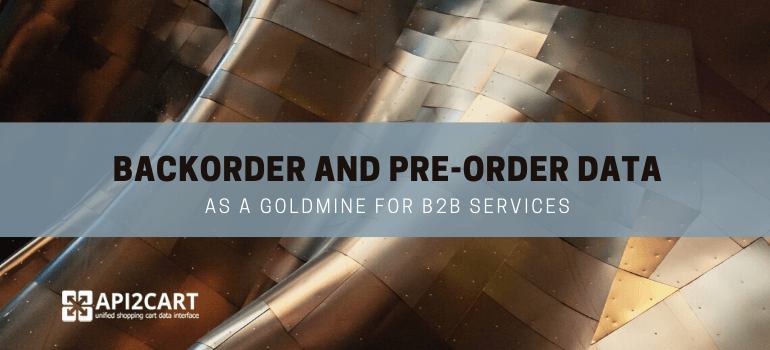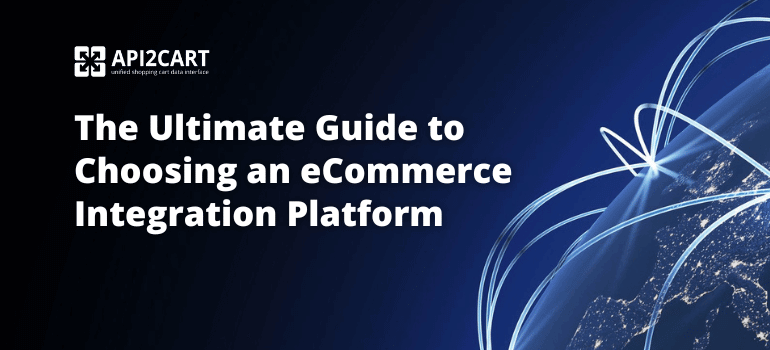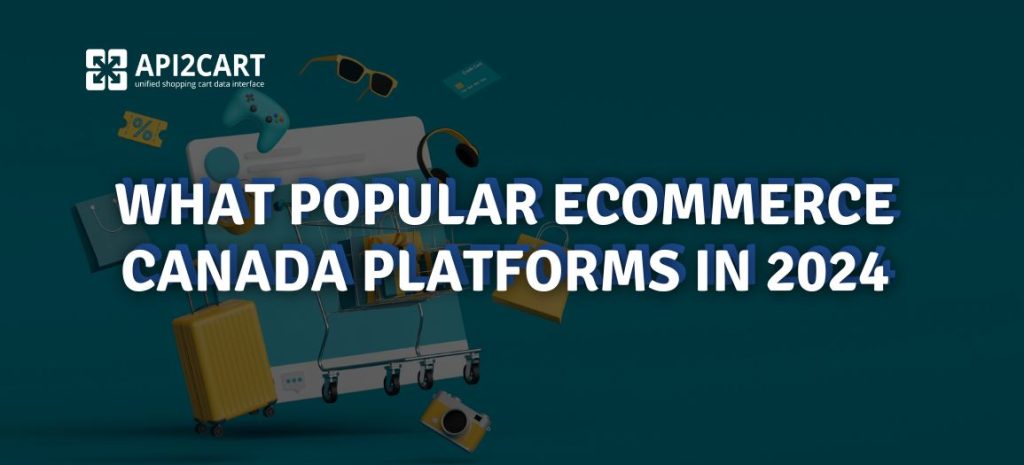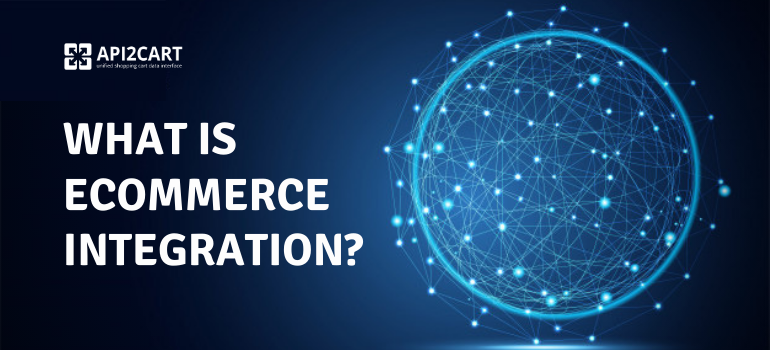
The world has dramatically changed since the beginning of the 21st century, and the niche of e-retail is not an exception. Pre-ordering and back-ordering have opened considerable opportunities for e-merchants and even bigger ones for software providers in such fields as, for instance, inventory, order or warehouse management, and dropshipping. Let’s take a closer look at these two terms.
Pre-order or “I Want to Be the First to Buy It!”
Say you can’t wait for the release date of a product. Whether it is an electronic device, an interesting book, a pair of Jordans, a new watch, or a computer game, you want to get it as soon as possible. In this case, laying pre-order works as a way to be sure that you'll be first in the line to get it.
As for e-retailers, pre-orders make it possible to accept customers’ orders before the official "for sale" date comes. This function is meant to accumulate sales, generate a buzz and introduce the product for even a greater number of people.
Backorder or “Don’t Have It in Stock? But I Want It Right Now!”
“Yes, it is the one I’m dreaming about! What? It’s out of stock?” It is another situation you all have been to at least once. Popular items may get sold out quickly, so in order not to lose sales, disappoint customers or drive them into the arms of competitors, some e-retailers use the handy little trick called back-ordering. It allows to sell goods even when they are in shortage in stock. Ordering an item that is currently on backorder is a way that ensures that the item that has been ordered will be sent out to the customer as soon as the vendor replenishes the stock.
What e-retailers have in stock does not have to control their sales. And the ability to take backorders is important for eCommerce business, especially during the holiday season. They make it possible to sell products that aren’t in stock, pre-sell upcoming items, and oversell inventory knowing that new supply is on its way.
Backorders and pre-orders are great not only for e-retailers but also for eCommerce software providers, as being able to retrieve and use data on them is an excellent possibility to win more customers and thus drive more revenue. You ask how? Find the answer in the next section.
What Backorders and Pre-Orders Mean for B2B Solutions
With each day, the number of eCommerce vendors realizing the advantages of backorders and pre-orders is raising. Simply because they are in the list of the key features customers want to see at web stores today. As more stores offered these options as bigger demand for the help of such software providers as inventory, order or warehouse management, and dropshipping. Because they exclude the need for e-retailers to control processes related to back and pre-orders, help to ship products on time and provide proper fulfillment. Thus, they allow merchants to enjoy the fruits of their labor.
Some Pet Peeves Here
The problem that is waiting for software providers is that to be able to help an e-retailer, they need to be integrated with the shopping cart the e-merchants have their stores based on. Without being connected to the platform, they can’t retrieve information on the back- and pre-orders as well as products and customers’ details to provide merchants with first-class service.
The number of shopping carts presented on the market is huge. Getting integrated with many of them is very difficult because they all have a specific way of data storage. Thus, B2B providers would need to find a developer to elaborate the integration module for each platform separately. That would cost them a lot and require much time spendings and great effort. So, it seems that a perfect decision, in this case, is to find a way to integrate with numerous shopping carts at the same time. But how?
How, Actually?
API2Cart is a reliable solution that helps various eCommerce providers to overcome challenges of separate integrations for each platform and excludes the need to choose which one to start with. Thanks to its unified API, the service allows B2B software owners to perform integration with 40+ top leading shopping platforms via one integration. Among those platforms are such widely used as Magento, WooCommerce, Prestashop, 3dcart, BigCommerce, X-Cart and others. Hence, API2Cart enables B2B providers to get back- and pre-orders with related data from merchants’ web stores based on different platforms and process them within their systems.
Making a decision like that can be tough, but if the opportunity sounds like something you would give a try to, schedule a free call with our expert. They will provide you with all required information and help you to leave your doubts behind.



